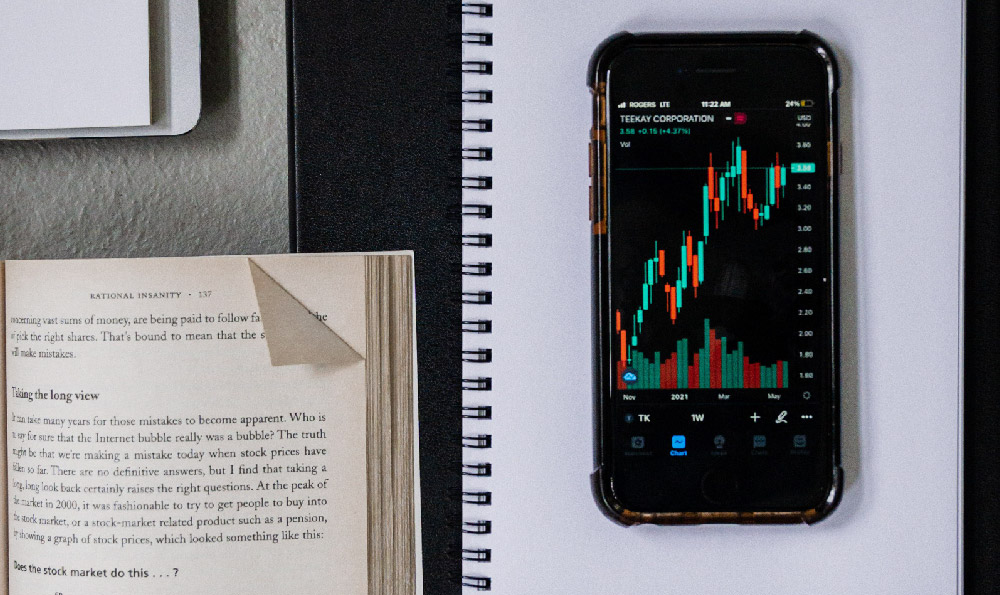Modular homes have emerged as a potentially attractive alternative to traditional site-built houses, especially in the face of rising construction costs and housing shortages. Their appeal stems from potentially faster construction times, cost efficiencies, and increasingly customizable designs. However, like any significant investment, the question of whether a modular home represents a smart investment or a risky gamble requires careful consideration of various factors.
One of the primary arguments in favor of modular homes as a sound investment lies in their potential for cost savings. Due to the controlled factory environment in which they are constructed, modular homes often benefit from reduced material waste, fewer weather delays, and more efficient labor practices. These efficiencies can translate into lower construction costs compared to traditional building methods. This initial cost advantage can be particularly appealing for first-time homebuyers or those looking to build in areas with high labor costs. However, it is important to note that cost savings are not guaranteed. Factors such as the complexity of the design, transportation expenses, and the cost of site preparation can significantly impact the overall project budget. A detailed cost analysis is crucial to accurately assess the potential savings.
Another attractive aspect of modular homes is the speed of construction. With much of the building process occurring in a factory setting, modular homes can be completed much faster than traditional homes. This faster turnaround time can be particularly advantageous for individuals who need to move into their new home quickly or for developers looking to capitalize on market opportunities. Furthermore, a quicker construction timeline can translate into lower financing costs and reduced carrying costs. However, it's important to factor in the time required for site preparation, permitting, and final finishing work. While the modular construction process itself may be faster, these ancillary tasks can still contribute to the overall project timeline.

Beyond cost and speed, the quality and design of modular homes have improved significantly in recent years. Modern modular homes can be indistinguishable from site-built homes, offering a wide range of architectural styles and customization options. This enhanced design flexibility makes them attractive to a broader range of buyers, potentially increasing their resale value. Many modular home manufacturers adhere to rigorous quality control standards, ensuring that the finished product meets or exceeds building codes. This can lead to a more durable and energy-efficient home. However, it is important to thoroughly research the manufacturer's reputation and quality control processes to ensure that the home is built to a high standard.
While the advantages of modular homes are compelling, there are also several risks to consider. One of the primary concerns is financing. Securing a mortgage for a modular home can sometimes be more challenging than financing a traditional home. Some lenders may be unfamiliar with modular construction or may perceive it as a higher-risk investment. This can lead to higher interest rates or more stringent lending requirements. Therefore, it is crucial to shop around for financing and work with lenders who have experience with modular home construction.
Another potential risk is depreciation. In some markets, modular homes may depreciate faster than traditional homes. This can be due to factors such as perceived stigma, concerns about quality, or the limited availability of comparable sales data. However, depreciation rates can vary significantly depending on the location, the quality of the home, and the overall market conditions. Thorough market research and a professional appraisal can help to assess the potential for depreciation.
Furthermore, the resale value of modular homes can be influenced by local market perceptions. In some areas, modular homes may be viewed as inferior to site-built homes, which can negatively impact their resale value. This perception can be difficult to overcome, even if the modular home is of high quality. It's essential to understand the local market dynamics and buyer preferences before investing in a modular home. Speaking with local real estate agents and appraisers can provide valuable insights into the market's perception of modular homes.
Site preparation and foundation costs can also be a significant factor. The cost of preparing the site and building the foundation can vary depending on the location, soil conditions, and the complexity of the design. Unexpected site conditions can lead to cost overruns, which can erode the potential cost savings associated with modular construction. A thorough site assessment and soil testing are crucial to accurately estimate these costs.
Moreover, the transportation and installation of the modular units can be complex and expensive. The cost of transporting the modules from the factory to the building site can be substantial, especially for long distances or difficult terrain. The installation process requires specialized equipment and expertise, which can add to the overall project cost. It's important to work with a reputable modular home builder who has experience in transportation and installation.
In conclusion, determining whether a modular home is a smart investment or a risky gamble depends on a careful assessment of individual circumstances, market conditions, and project-specific factors. While modular homes offer potential cost savings, faster construction times, and improved design flexibility, it's crucial to consider the potential risks associated with financing, depreciation, resale value, site preparation, and transportation. Thorough research, detailed cost analysis, and professional advice are essential to making an informed decision. By carefully weighing the pros and cons, individuals can determine whether a modular home is the right investment for their specific needs and financial goals. Ultimately, the key to success lies in approaching the investment with a clear understanding of the risks and rewards, and in taking steps to mitigate the potential downsides.












